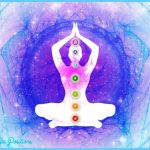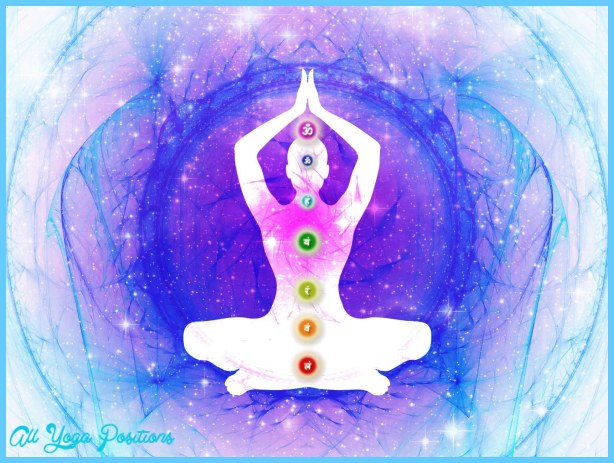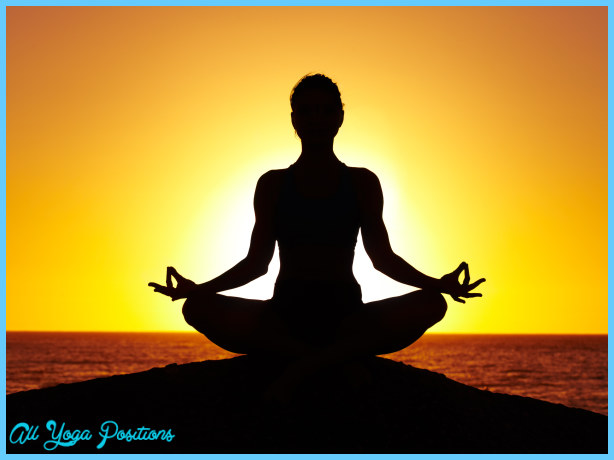Nowadays you are told that you should not control your emotions too much or something will happen to your psyche and you will have to run to a psychiatrist. Now, I admit that if you have been brought up on pure emotion, if you have never been taught self-discipline, then too much restraint can be harmful. You see, you have fantastic ideas about child training. You think children should be allowed to express themselves. What would they express? What have they got within themselves that should be expressed either for their own edification or for the edification of others? You can go too far with this self-expression business. What you are forgetting is this: yes, self-expression we should have, there should not be self-suppression, but more than that, there should be self-realization. We have to build up good things before we express ourselves. Otherwise all of us talk, nobody knows anything; we just make noise. So first of all we should learn, and by discipline we should acquire restraint. If you teach children this discipline, as they grow up their reactions will not be instinctive. Well now, if we have grown up without learning self-control, no use regretting. The thing is to start learning it now. We should make our best effort to restrain our emotions.
One thing you have probably noted you cannot take care of the mind piecemeal; you cannot do it. If you try to get rid of one mischief of the mind you will find other mischiefs have become strengthened. You have to work on all fronts at once. Go easy about it, but work on all fronts steadily. Worldly desires and emotions go hand in hand. If a person seeks the things of the world, things of the senses, you will find he is also very emotional. He becomes moody; if anything is said against him, for days he is under a cloud. All kinds of ugly feelings run through his heart; he cannot control them.
You have to say to yourself: The mind is not I, it is an instrument and I am going to straighten it. What I am has nothing to do with the state of my mind.’ If you ask, What am I then? Am I something vacant or empty, if I am not the mind or the states of the mind?’ Well, the scriptures all tell you what you are, but if you do not want to bother about the scriptures, try to feel that you are someone who is not mixed up with the states of the mind. Gradually learn to do that. That has been called the practice of detachment, anasakti. Learn to become a witness, a saksi, a spectator of things; don’t get mixed up with things; remain calm and quiet and poised. You will feel a wonderful peace within you; there will occasionally come glimpses of your own existence, which is infinitely superior to any state of mind.
But let me repeat, you cannot realize this state if you give a free rein to your desires. You have to study them; you may find that some are dutiful, that is to say, they serve a good purpose. But even there you have to ask yourself how long you can go on fulfilling them. You will have to examine them from time to time, because what might have appeared good at one time may no longer appear good to you. It is all very well when you are a little child to play and break things, but when you have grown up, you cannot do that. So you have to examine your desires and slowly bring them under control.














